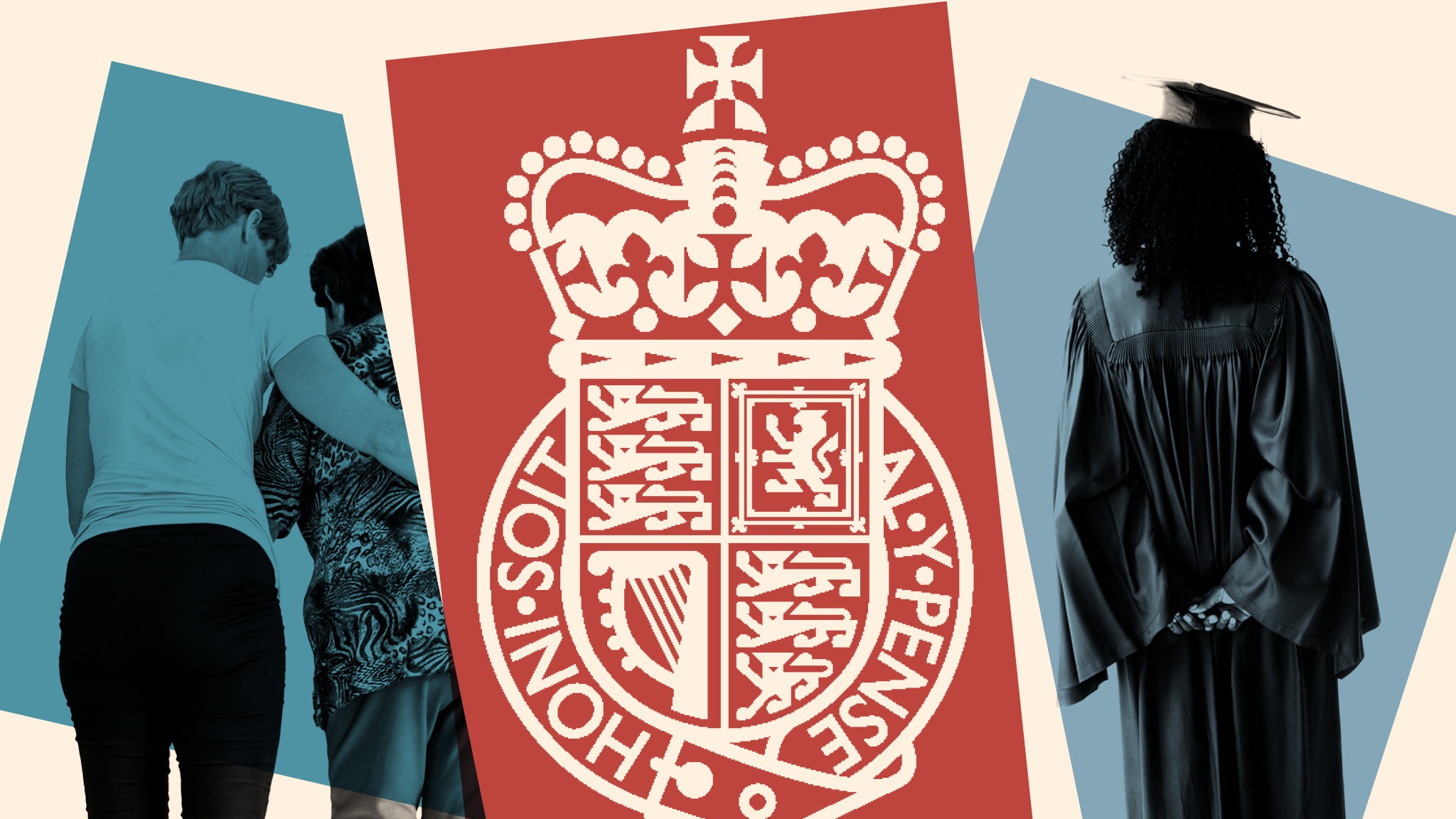Uk immigration rules white paper | Restoring Control over the Immigration
The UK government's 2025 immigration white paper, titled "Restoring Control over the Immigration System", introduces significant reforms aimed at reducing net migration and reshaping the UK's approach to legal immigration. Prime Minister Keir Starmer's administration emphasizes a shift towards attracting high-skilled workers while imposing stricter controls on lower-skilled migration routes.
🔑 Key Proposals in the White Paper
1. Skilled Worker Visa Reforms
-
Educational Requirements: Applicants must possess a university degree to qualify for a skilled worker visa.
-
Salary Threshold Increase: The minimum salary requirement for skilled workers is set to rise from £26,200 to £38,700 per annum.
-
English Language Proficiency: Stricter English language requirements are introduced for both skilled workers and their dependents. Wikipedia+1Hansard+1Womble Bond Dickinson+1Law and Visas+1The US Sun+1The Scottish Sun+1 2
2. Restrictions on Lower-Skilled Workers
-
Social Care Sector: The recruitment of international workers in adult social care has been paused.
-
Temporary Work Visas: A transitional scheme allows low-skilled workers from specified "low-risk" countries to work in the UK for up to 12 months without a job offer. However, they cannot bring dependents, switch visa categories, or apply for settlement, and must leave the UK for a 12-month "cooling-off" period before reapplying. IndiatimesRichmond Chambers+4Institute of Race Relations+4Muldoon Britton Law+4Davidson Morris+1Laura Devine Immigration+1
3. International Students
-
Post-Study Work Period: The duration for which international graduates can stay in the UK after completing their studies is reduced from two years to 18 months.
-
Financial Levies: Universities accepting international students will face a 6% levy on income from these students. Hansard+5Indiatimes+5Wikipedia+5Womble Bond Dickinson+5The US Sun+5Financial Times+5
4. Settlement and Citizenship
-
Extended Residency Requirement: The time required to gain settled status in the UK increases from five to ten years.
-
Points-Based Citizenship: A new points-based model for citizenship is under development, focusing on societal contribution and integration. WikipediaIndiatimes
5. Enforcement and Compliance
-
Digital Immigration System: Implementation of digital ID systems and eVisas to track residency statuses.
-
Deportation Policies: The Home Office gains increased powers to revoke visas for crimes not warranting imprisonment and introduces stricter deportation processes for criminal migrants.
-
Financial Penalties: Visa sponsors face increased levies, including a 32% rise in fees for skilled worker sponsorships. Wikipedia+2The US Sun+2GOV.UK+2The Scottish Sun+2Wikipedia+2The US Sun+2
📊 Political and Economic Context
The reforms aim to reduce net migration by approximately 100,000 annually, addressing public concerns over immigration levels, which reached 906,000 in 2023. The government positions these changes as necessary for economic stability and social integration.The Times+3Indiatimes+3The US Sun+3
However, critics argue that the crackdown could hinder key sectors like construction and healthcare, which rely heavily on foreign labor. The higher education sector also expresses concern over the financial impact of the new levies and reduced post-study work opportunities for international students. Indiatimes
🧭 Future Outlook
The success of these immigration reforms will depend on their implementation and the government's ability to balance economic needs with public sentiment. The proposed changes reflect a significant shift in the UK's immigration policy, focusing on high-skilled migration and stricter controls on other routes.
For more detailed information, you can refer to the official white paper: Restoring Control over the Immigration System.





Comments
Post a Comment